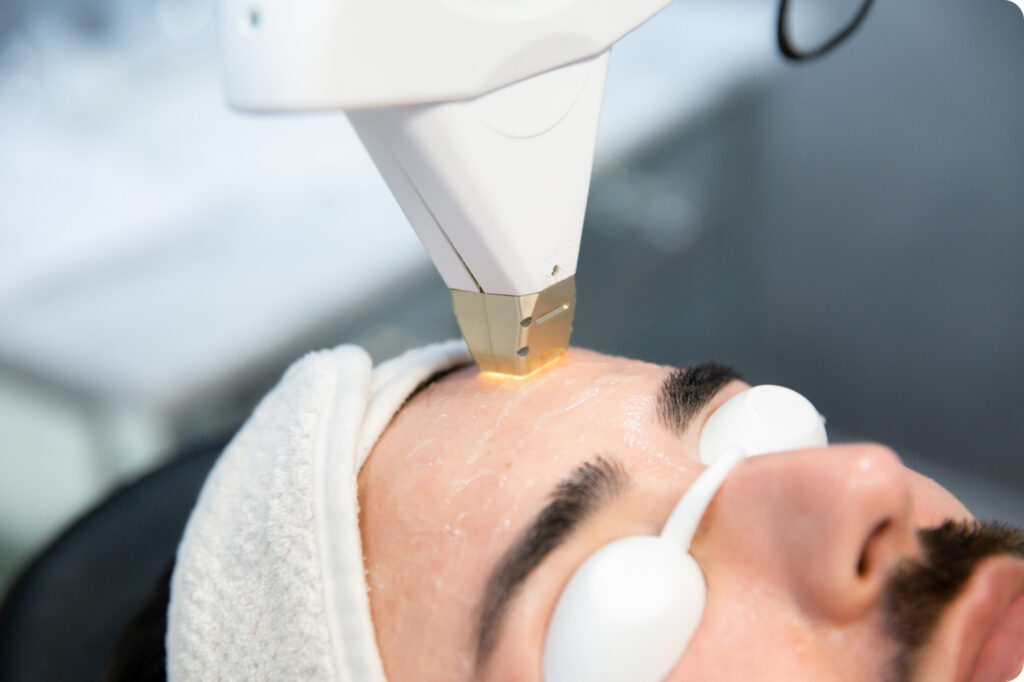
Weight loss surgery sounds like an easy solution to a very hard problem. Obesity is hard to live with and losing the weight is even harder. Weight loss surgery is effective, but it is not a lifelong solution or the right solution for all people. There are many things to consider before choosing this path for weight loss.
Is surgery necessary? Has your doctor said you are obese? Is your life at stake if you do not get the weight off? Have you tried and failed at other diets? These are all valid reasons for needing weight loss surgery. However, if you want the surgery because your spouse or significant other prefers someone thin, you are not going into this surgery for the right reasons.
Are you eligible? Not everyone who is overweight is eligible for weight loss surgery. You must have a BMI over 40, or a BMI of at least 35 with an underlying health condition before you are eligible for this surgery. You may have health concerns that make this type of surgery too risky. Each surgeon has their own set of criteria beyond the criteria set forth by the American Medical Association for eligibility.
Will your insurance cover your surgery? If you have not checked with your insurance carrier to see if this type of surgery is covered, you should do this now. The cost of this surgery ranges between $5000 and $35,000 depending on your weight, the type of procedure you select, your hospital stay, what part of the country you live in, and other factors. If your insurance does not cover you for this surgery, do you have another way to pay for it?
Is bariatric surgery available in your area? Bariatric surgery is not available in all areas, and you may have to travel for the surgery, and preoperative requirements and post-surgery care. Most insurance carriers will not pay for travel associated with this surgery, and some will not cover the surgery if it occurs out of your network.
What is your level of commitment? You must be committed before and after your surgery. Before surgery, you will have to visit with the surgeon, a dietician, and a psychologist. Your surgeon may require additional steps. After your surgery, you will need to be careful with what you eat and drink, visit your doctor, and continue to work with the dietician. If you are not willing to do all of these things, you are not fully committed.
Are you psychologically ready? When you have this surgery, a drastic physical change will occur very quickly. Some people are not equipped to deal with this fast change in their appearance, which is part of why a psychological exam is required before surgery. In addition, a drastic change in your eating is about to happen as well. If you do not stick to the eating plan set forth by the dietician, you can defeat the surgery and not lose any weight. Are you ready for drastic changes in your appearance and in your eating habits?
Which type of bariatric surgery is right for you? You will need to decide, with your doctor, which bariatric surgery is right for you. Will you have a full gastric bypass, a sleeve with a gastric bypass, just a sleeve, or a lap band? Will the surgery be invasive or non-invasive? This decision is based on how much weight you want to lose, as well as other factors that you must talk over with your doctor. Some insurance companies will only pay for specific types of weight loss surgery.
Losing weight will not just make you look better, but it will make you feel better. With every pound lost, you will gain something in terms of good health and quality of life. While weight loss surgery may sound like an easy fix, it really is not. This may be the perfect solution for many, but not for all overweight people. If it is not right for you, work with your doctor to find a weight loss solution that is right for you – and be committed.

